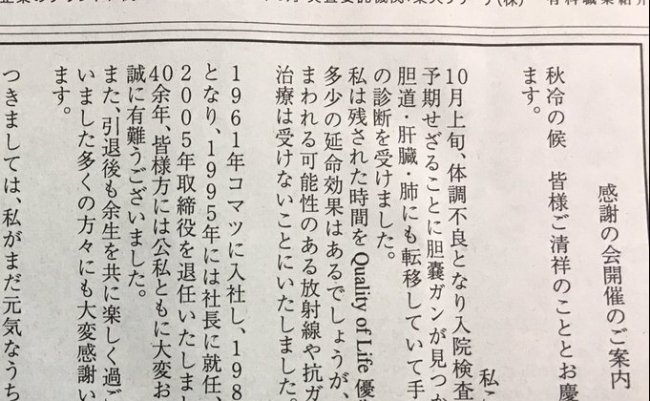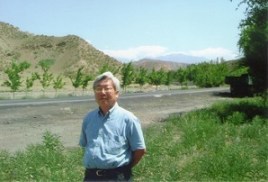Sustainable Urban Agriculture in Cuba (Contemporary Cuba): Sinan Koont: 9780813054032: Amazon.com: Books
$24.95
Buy Used
$11.85


“Pushed by necessity but enabled by its existing social and educational policies, Cuba in the 1990s launched the most extensive program of urban sustainable agriculture in the world. This study is to date the only book-length investigation in either English or Spanish of this important national experiment in transforming the environmental, economic, and social nature of today’s dominant system of producing food.”—Al Campbell, University of Utah
As large-scale industrial agriculture comes under increasing scrutiny because of its petroleum- and petrochemical-based input costs and environmentally objectionable consequences, increasing attention has been focused on sustainable, local, and agro-ecological techniques in food production. Cuba was forced by historical circumstances to be one of the pioneers in the massive application of these techniques.
After the demise of the Soviet Union in the early 1990s, Cuba was left without access to external support needed to carry on with industrial agriculture. The economic crisis led the country to reconsider their former models of resource management. Cuba retooled its agricultural programs to focus on urban agriculture—sustainable, ecologically sound farming close to densely populated areas. Food now takes far less time to get to the people, who are now better nourished because they have easier access to whole foods. Moreover, urban farming has become a source of national pride—Cuba has one of the best urban agriculture programs in the world, with a thousand-fold increase in urban agricultural output since 1994.
Sinan Koont has spent the last several years researching urban agriculture in Cuba, including field work at many sustainable farms on the island. He tells the story of why and how Cuba was able to turn to urban food production on a large scale with minimal use of chemicals, petroleum, and machinery, and of the successes it achieved—along with the continuing difficulties it still faces in reducing its need for food imports.
Sinan Koont is associate professor of economics at Dickinson College.
A volume in the series Contemporary Cuba, edited by John M. Kirk
-------------------
Product details
Series: Contemporary Cuba
Paperback: 254 pages
Publisher: University Press of Florida; Reprint edition (January 17, 2017)
2 customer reviews
3.3 out of 5 stars
3.3 out of 5 stars
Showing 1-2 of 2 reviews
Top Reviews
converger
2.0 out of 5 starsAn extraordinary missed opportunitySeptember 21, 2015
Format: HardcoverVerified Purchase
A lovely if densely academic narrative about one of the poster children for sustainable, large scale, grassroots urban food production.
Otherwise, pretty much useless. I was looking for real, quantifiable, longitudinal data about what, exactly, has been accomplished. How has this changed food availability and/or quality in Havana and elsewhere? What would be everyone's food situation be if this remarkable phenomenon had never happened?How much food gets produced? What kind? What percentage of nutritional requirements are being met, for how many people? What is the seasonal flow of food and nutritional support? Is there any infrastructure for transporting food beyond neighborhoods? Is there any infrastructure for preserving food, or is it all fresh food only? How much acreage is being cultivated? What's the size distribution of garden plots? How much fertilizer goes into producing food, and what kind? Are garden soils being built up, or depleted? How is everything distributed? If money changes hands, how much do things cost, and what percentage of available income is going to buy this food? How many people do the gardening, transport, and distribution? What is the total labor input for each step in the value chain? By conventional standards, what does the cost-benefit ratio look like? Assuming that it's not great by conventional standards, what other quantifiable benefits does this phenomenon provide? Will it survive the coming transition to a capitalist economy? What has been learned from this inspiring example of urban food that can be replicated and scaled elsewhere? Nobody has really tried to answer, or even ask any of these questions (at least not outside of Cuba). This book doesn't either.
The utter failure of this dense academic text to offer any useful results, combined with its atrocious writing style (not unusually so for an academic text) and ridiculous cost makes this book a poor choice for any serious researcher. That said, there's not much in English, good or bad, about this extraordinary story. Even an awful book is probably better than nothing.
Read less
One person found this helpful
Walter D. Teague
5.0 out of 5 starsAnother important book censored by price.April 23, 2013
Format: Hardcover
I would love to read this book, more than the few free pages shown above. But even at the "savings" of $67.46, I will defer until it comes to a library near me. Oops, that isn't going to happen what with austerity and continuing US opposition to anything good said about Cuba.
This outrageous price, $75 retail, is another example of the old British tradition of censorship by price. I read somewhere that for a long time the British kept the masses safe from dangerous liberating knowledge by printing serious works in hardcover which the plebes couldn't afford. In the US today, some of the best research and scholarly works continue to be published in limited circulation (by exorbitant price) academic journals. And not only do they keep their information safe from the eyes of the rabble, but they make sure the world processor files or God forbid PDF versions, safely locked up behind copy-write laws.
Don't believe there is a de facto conspiracy to keep complex facts from the public discourse? Go Google this subject and read the vast number of ill-informed and irrational comments on the subject of Cuba on web pages across the internet.
One person found this helpful
HelpfulComment Report abuse











 -
-











 수상 : 2018년 한국일보문학상, 2017년 김준성문학상(21세기문학상, 이수문학상), 2017년 구상문학상 젊은작가상
수상 : 2018년 한국일보문학상, 2017년 김준성문학상(21세기문학상, 이수문학상), 2017년 구상문학상 젊은작가상






 |
| 